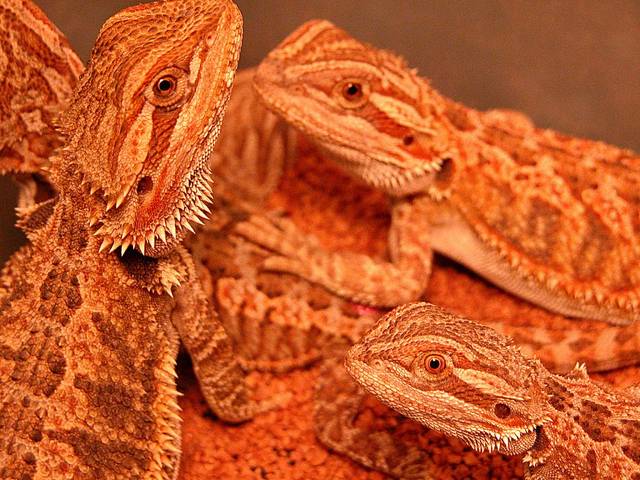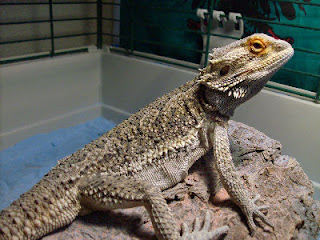The Ultimate Guide to Calcium for Bearded Dragons
Introduction
Bearded dragons are wonderful pets that require a lot of care and attention. One of the most important aspects of caring for a bearded dragon is making sure they receive the necessary nutrition. Calcium is a vital nutrient for bearded dragons, and it’s essential that they receive enough of it in their diet. In this article, we’ll explore the importance of calcium for bearded dragons and how to ensure they receive the right amount to keep them healthy and happy.
Why is Calcium Important for Bearded Dragons?
Calcium is an essential nutrient for bearded dragons that is vital for their overall health. Without enough calcium in their diet, bearded dragons can develop a range of health problems, including metabolic bone disease (MBD), which can be fatal. Calcium is crucial for the proper development and maintenance of their bones and muscles. It also plays a role in nerve function, blood clotting, and hormone regulation.
Calcium Deficiency in Bearded Dragons
If a bearded dragon doesn’t receive enough calcium in their diet, they’ll develop a calcium deficiency. The most common symptom of calcium deficiency is metabolic bone disease, which can cause deformities, weakness, and fractures in a bearded dragon’s bones. Other symptoms of calcium deficiency can include lethargy, loss of appetite, and difficulty walking.
How to Provide Calcium for Bearded Dragons
There are several ways to ensure that your bearded dragon receives enough calcium in their diet. One of the easiest ways is to provide them with a calcium supplement. Calcium supplements come in either powder or liquid form and can be added to your bearded dragon’s food or water. Bearded dragons also need exposure to UVB light, which allows them to convert the calcium in their food into a usable form.
Food Sources of Calcium for Bearded Dragons
Providing your bearded dragon with a balanced and varied diet is crucial for their overall health. Some foods that are high in calcium and suitable for bearded dragons include:
- Leafy greens (kale, collard greens, mustard greens)
- Broccoli
- Bell peppers
- Carrots
- Sweet potato
- Blueberries
- Figs
- Papaya
- Mango
It’s important to keep in mind that certain foods should be avoided or only given in moderation, such as spinach and rhubarb. These foods contain oxalic acid, which can bind to calcium and prevent it from being absorbed by the body.
How Much Calcium Should Bearded Dragons Have?
The amount of calcium a bearded dragon requires depends on their age, size, and overall health. As a general rule of thumb, juvenile bearded dragons should receive more calcium than adult bearded dragons. A healthy adult bearded dragon should receive calcium supplementation two to three times a week. Bearded dragons that are recovering from a calcium deficiency may require more frequent calcium supplementation or higher doses.
Conclusion
Calcium is a vital nutrient for bearded dragons that is essential for their overall health and wellbeing. Providing them with a balanced and varied diet that includes calcium-rich foods, along with calcium supplements and exposure to UVB light, can help ensure that they receive enough calcium to stay healthy and happy. By taking proper care of your bearded dragon and providing them with the nutrients they need, you’ll be able to enjoy many years of companionship and joy with your scaly friend.




